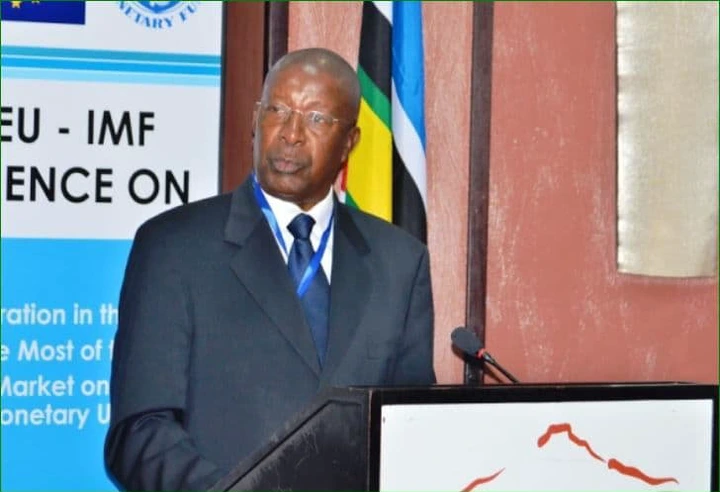Government to limit English use in primary schools, abolish PLE

A commission launched by the government to review the eduction system in the country has released its report recommending sweeping changes.
The Education Policy Review Commission (EPRC) established in May 2021 was led by Rtd Colonel Nuwe Amanya Mushega and consisted of senior educationists and policymakers.
Among the commission's recommendations is abolishing the Primary Leaving Examinations (PLE) and restructuring the language of instruction in primary schools.
The commission’s 242-page report suggests renaming the Ministry of Education and Sports (MoES) to the Ministry of Education, Sports and Training (MoEST) to allow for a broader and more effective leadership role in Uganda’s evolving education sector.
The report, submitted to the government, will inform the creation of a Cabinet White Paper that will guide the implementation of these reforms.
One of the most important proposals is the limitation of English as a language of instruction in early primary school.
According to the report, up to Primary Four (P4), all subjects will be taught in the learners’ mother tongue, with English being introduced only as a subject.
From Primary Five (P5) onwards, English will become the primary language of instruction.
The policy aims to strengthen literacy and comprehension in local languages before transitioning to English.
Additionally, every learner will be required to become fluent in three languages:
English (as the international language),
Kiswahili (Uganda’s second official language), and
One Ugandan indigenous language (learner’s mother tongue).
To improve identification and monitoring in schools, the report also recommends that the National Identification Number (NIN) and National ID be integrated into the school system.
Instead of a national exam at the end of primary school, the report recommends a continuous assessment model, where learners are evaluated throughout their 11 years of basic education.
Under this new structure, basic education will include:
1 year of nursery/pre-primary,
6 years of primary school, and
4 years of O’level (lower secondary).
Students will then proceed to 2 years of A’level (higher secondary) and 3 years of tertiary education.
This shift aims to balance academic knowledge with technical and practical skills.
The report also recommends making nursery education compulsory for children aged 5-6 years.
It calls for the government to fully fund pre-primary education, reversing the 1992 Kajubi report that left it to the private sector.
If implemented, these reforms will fundamentally reshape Uganda’s education landscape, focusing on inclusivity, literacy, and skill-based learning.



0 Comments